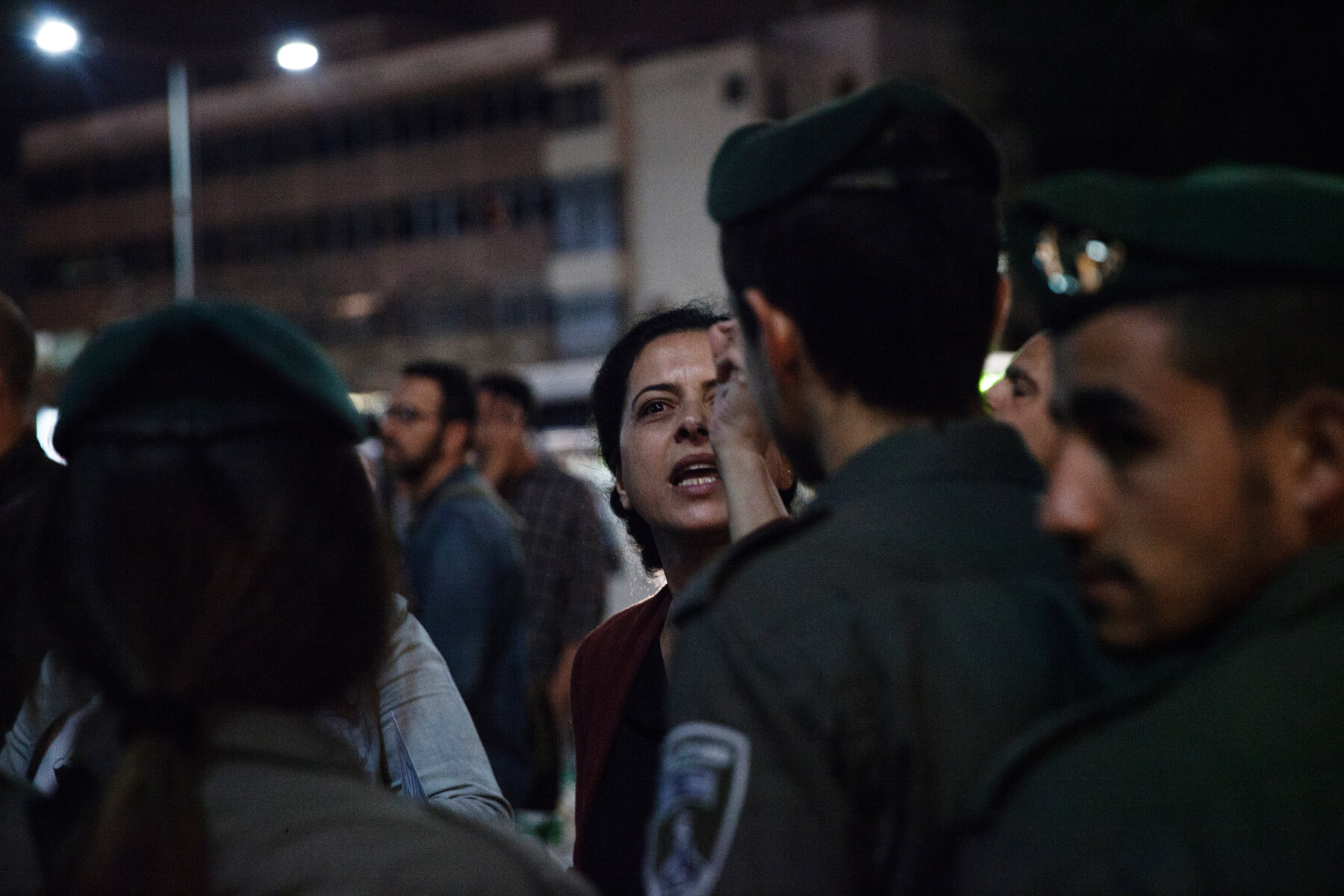I was walking along an East Jerusalem street when a middle-aged Palestinian man greeted me in Tigrinya - the language of Eritrea, my father’s homeland in the Horn of Africa. In that moment, the lines connecting my family’s past and the stark new reality of displacement in the modern world collided. The plight of thousands of Eritrean and Sudanese asylum-seekers living in Israel is a distinct issue from the overarching narrative of the Palestinian/Israeli conflict, but like all the separate worlds in the small Holy Land, everything eventually becomes intertwined.
Israel’s policy toward African asylum seekers is to pressure them to self-deport or, as the former interior minister Eli Yishai put it, to “make their lives miserable” until they give up and let the government deport them. About 60,000 African asylum seekers have entered Israel since 2005, most of them Muslims from the Darfur region of Sudan, and Orthodox Christians from Eritrea; today that number is closer to 45,000.
The government and some media call them “infiltrators,” a word that for most Israelis evokes Palestinians illegally crossing into Israel to launch attacks, painting them as a threat. A law passed in 2013 requires male African asylum seekers already in Israel to be detained automatically and indefinitely in the open detention center, Holot, in the Negev desert. Detainees are allowed to wander the desert between three obligatory check-ins every day, and they must also remain in Holot overnight.
If they miss a check-in, they can be transferred to the nearby prison. Their only alternative is to accept a sum of $3,500 to return to their country of origin, or a third country, usually Uganda or Rwanda, often without proper documentation to stay. Israel has the distinction of having one of the lowest asylum acceptance rates in the Western world. Prime Minister Benjamin Netanyahu once warned that the arrival of African people poses a demographic risk to Israel: “If we don’t stop their entry, the problem that currently stands at 60,000 could grow to 600,000, and that threatens our existence as a Jewish and democratic state.”
Fence between Egypt and Israel, it was built in order to stop the flow of Africans entering into Israel. The construction of the 245 kilometers border fence between Israel and Egypt's Sinai Peninsula was completed after three and a half years. The government used African workers to construct the fence.






YORDANOS YEMANE and her 3-year-old daughter, who was stabbed in the head by an Israeli man outside the central bus station in Tel Aviv last year. The perpetrator told the police that he had attacked “a black baby” because she was a “black terrorist.” The perpetrator was found mentally unstable and unfit to stand trial.
JAMAL OMAR has been in Israel since 2008 and was detained at Holot for 14 months. He worked at a hotel in Eilat for five and a half years.
“When they summoned me to Holot, they told me I can go there or to Rwanda or Uganda, but with no status. Since I have been here, my dad and my brother have both been killed in Sudan for being politically active … All I want is to study. To improve myself, to help my people, to go back and help my country.”
A little girl watched as Israeli immigration police officers raided a graduation party for a Sudanese asylum seeker in Tel Aviv.



MUTASIM ALI, a 28-year old asylum seeker from Sudan, stands outside Holot. He appealed the official “invitation” to the detention center but was confined there for just over a year. Mutasim made history in 2016 by becoming the first Sudanese national to receive refugee status in Israel.












